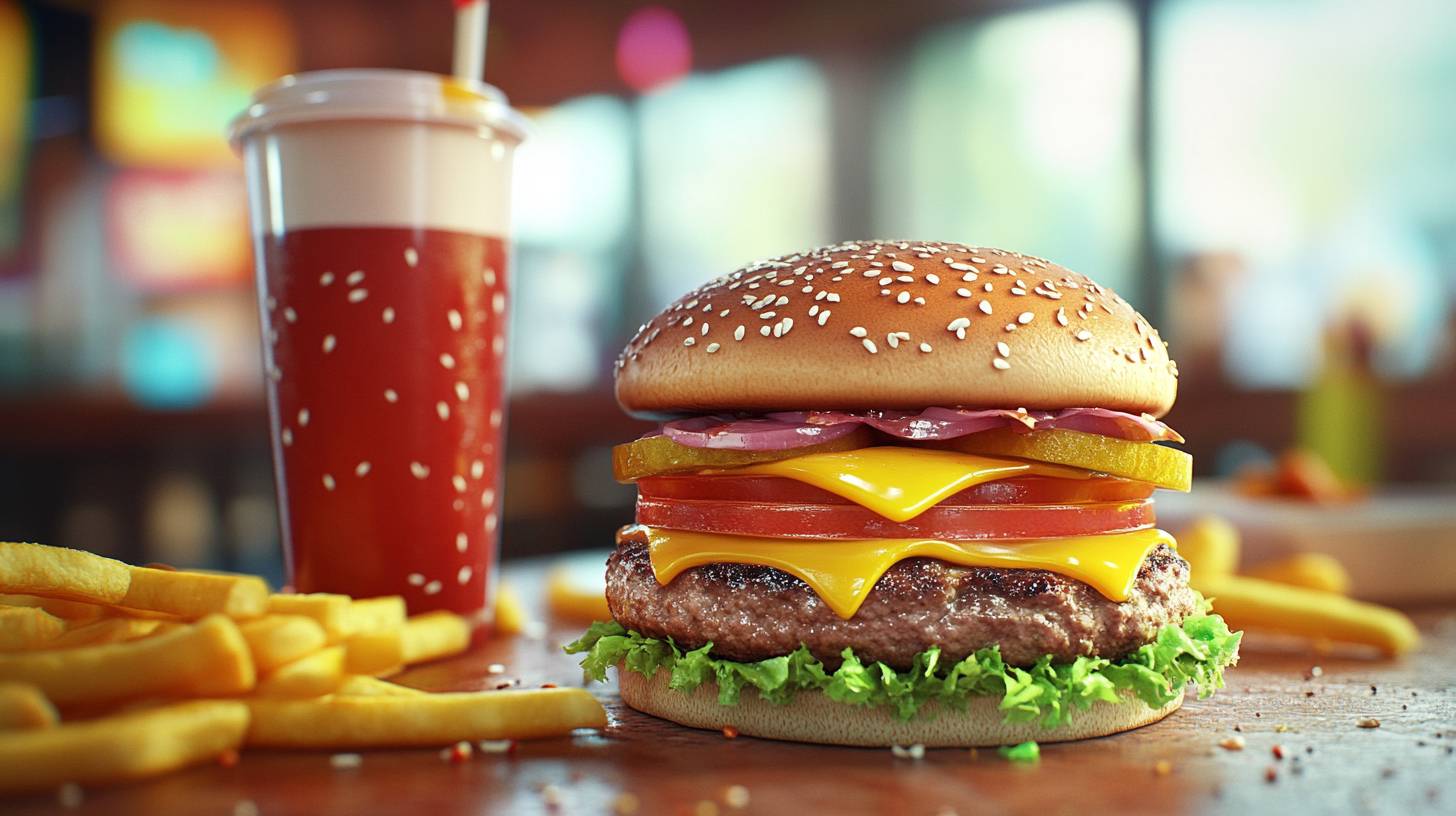
Indicators of financial trouble in restaurant chains
At times, a Chapter 11 bankruptcy unfolds like a slow-motion disaster. When a restaurant chain is running low on finances, keen-eyed patrons can often notice troubling signs.
Perhaps there are fewer employees, certain menu items become unavailable, and/or the quality of food dips in some aspects. These indicators can be subtle or as glaringly apparent as Boston Market having its Colorado headquarters taken over by the Colorado Department of Revenue (DOR) due to unpaid taxes and withheld wages.
This is particularly notable since the restaurant chain, established in a town just outside of Boston, concealed its headquarters in Colorado. Now, Boston Market has significantly reduced to just a few locations, and its parent company has been prohibited from seeking Chapter 11 protection by the bankruptcy court.
In other instances, indications of restaurant bankruptcies leak out slowly through financial reports. Red Lobster, which is not publicly listed, indicated it was in the red and revealed that its all-you-can-eat shrimp campaign cost it millions.
No one knew when the filing would happen, but it was evident that it would occur eventually. Once it did, the bankruptcy process was swift, with the company’s main creditor acquiring it out of bankruptcy.
A similar scenario is unfolding with another restaurant chain, which initially closed several locations before filing for Chapter 11 bankruptcy protection.
The Rubio’s bankruptcy situation
Rubio’s Coastal Grill, shortly after shutting down 48 locations in California, sought Chapter 11 bankruptcy protection in the Delaware District Bankruptcy Court. In its filing, the company reported assets ranging from millions to millions and debts between millions to 0 million.
This isn’t Rubio’s first time filing for Chapter 11; it previously did so in 2020, citing Covid as the reason for its financial challenges.
In this instance, the process has been relatively quick, and a buyer has been identified.
“Just two months after declaring bankruptcy, Rubio’s Coastal Grill has been sold to its lender, The Original Fish Taco LLC, an affiliate of TREW Capital Management, in an uncontested bid worth million,” Nation’s Restaurant News stated.
TREW, headed by former Famous Dave’s CEO Jeff Crivello, assumed million of the chain’s liabilities earlier this year. The company has been leveraging this strategy to amass a collection of restaurant brands.
Crivello’s firm provides funds to distressed restaurants, giving them an advantage in acquisitions if those entities fail to uphold their loan agreements. TREW currently maintains a similar relationship with BurgerFi International, Inc., which operates its eponymous brand along with Anthony’s Coal Fired Pizza & Wings.
The TREW proposal, still requiring bankruptcy court approval, excludes eight establishments in Nevada. Rubio’s is contemplating a separate offer for those locations.
Rubio’s began as a taco stand selling fish tacos in Mission Bay, San Diego in 1983.
“270 million fish tacos later, we’re still delivering fresh, scrumptious Baja-inspired dishes that honor our Mexican, coastal heritage,” the company noted on its website.

